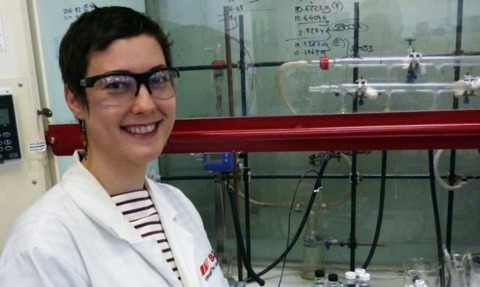
Imperial College has selected the DrySyn MULTI and parallel synthesis kits to produce novel organometallic compounds.
The SDG Group within the Department of Chemistry at Imperial College has selected the Asynt DrySyn MULTI and parallel synthesis kits to provide them with a safer, more convenient and productive way of synthesising novel organometallic compounds in their search for new better performing catalysts.
As part of the Catalysis, Sustainability and Applied Inorganics Group within the Department of Chemistry the SDG Group’s main research interest resides in the development of well-defined metal-based species and their use in organic reactions of broad interest.
Working in conjunction with industrial partners including BP, Johnson Matthey and Bayer Cropscience the SDG Group has used its considerable expertise and experience to develop novel families of complexes, active in catalysis, and unveil their activation/reactivity modes.
The group’s ultimate goal is to identify better performing catalysts, more sustainable synthetic approaches and deeper understanding of the reaction pathways.
Dr. Silvia Díez-González, Head of the SDG Group and lecturer in catalysis at Imperial College commented “In times past students and researchers within our group had to use heated oil baths to run reactions. In addition to the inherent safety risks and mess associated with using heated oil baths we sometimes found oil contamination in our reactions.
“The DrySyn MULTI and Parallel Synthesis Kit from Asynt has given us a much safer and convenient way for even inexperienced chemists to perform heated catalytic reactions in parallel”.
She added “Now using the new Asynt equipment we can focus on developing and testing catalysts for different reactions such as dipolar cycloadditions, nucleophilic substitutions and cross-coupling reactions. Though most our reactions are run in a 1-mmol scale, the DrySyn MULTI and parallel synthesis kit offer us the flexibility of easy scale-up and using different format reaction vessels”.




